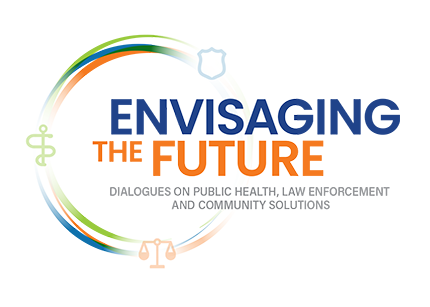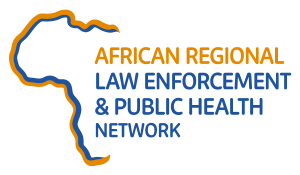
National police officers and National AIDS Programme heads from Cambodia, Maldives, Mongolia, Philippines, and Sri Lanka visited India last mnth to get a firsthand experience of law enforcement initiatives on interventions related to high risk populations.
Organised by the UNAIDS India office with support from the Regional Support Team of Asia-Pacific, the 16 participants visited and interacted with programme staff of police-initiated and supported projects in Kolkata and New Delhi. The purpose of the Study Tour was to learn the approaches of and lessons learned from law enforcement efforts for sex workers and injecting drug users and their vital role in creating a supportive environment for HIV interventions.
In Delhi, the participants visited Shakti Vahini, a non-governmental organization (NGO) working with sex workers on GB Road, one of Delhi’s oldest red light areas. Personal interactions with sex workers provided them with first-person stories of the realities of brothel-based sex work and the relationships the workers have built with the district police. The Tihar Prison, India’s largest prison, showcased the prison’s innovative and comprehensive programme for recovering injecting drug users, a model programme now being promoted in other prisons in India.
The Toll-free Hotline run by the Central Reserve Police Force (CRPF) – which has a national workforce of a million workers – was of great interest to the group. With the assistance of software developed especially for the project, the Hotline takes calls from police personnel from all parts of India on HIV, sexually transmitted infections, drug and substance abuse and provides addresses of counselling centres and welfare schemes of CRPF. The Helpline has responded to thousands of calls for information and for referrals to counselling services.
In West Bengal, the group travelled from Kolkata to Asansol, a large industrial town with a settlement of sex workers. The project DISHA Jana Kalyan Kendra began its work in 1995 with a collaboration with the district police force with the aim of improving the health and socio-economic conditions of sex workers in the town. In addition to providing health services, vocational and job skills training, and pre-school education for children of sex workers, DISHA has worked with the police in reducing criminality in the community.
In Kolkata, the Study Tour participants visited the NGO Society for Community Intervention and Research (SCIR) to observe their work with people who inject drugs (IDUs). The NGO works in the community of Tiljala, the largest slum settlement in Kolkata. It offers educational programmes for children, livelihood training for IDUs as well as an oral substitution treatment programme.
The projects covered in the Study Tour gave a novel perspective on the role of the police sector not only as law enforcers but also as community enablers. Given the legal and judicial frameworks in the countries represented by the participants, these innovations gave rise to challenges on how they may be replicated in their countries. The Study Tour, as a South-South learning opportunity, demonstrated encouraging prospects of police leadership to break new ground.






